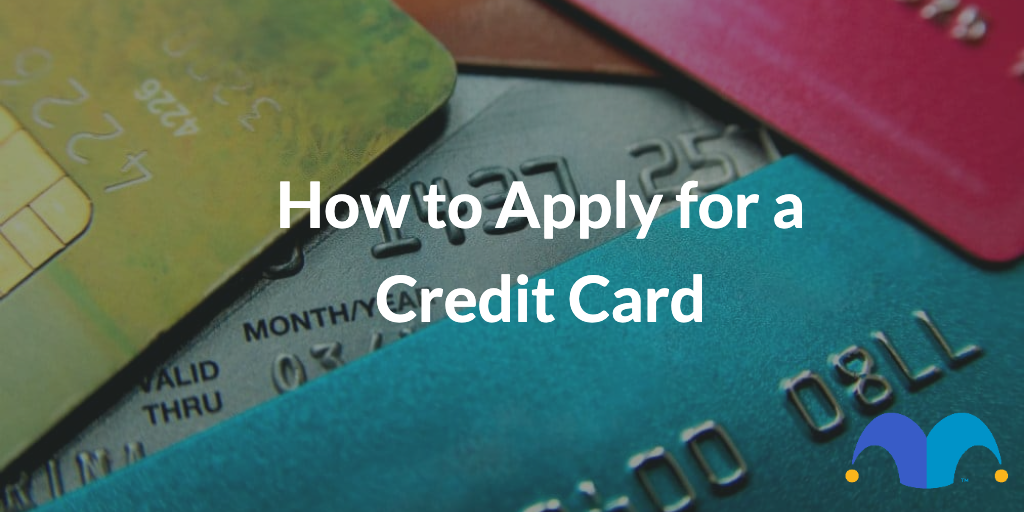Applying for a credit card can seem daunting, especially if it’s your first time getting one and you have no idea where to start. That’s why we’ve created this useful step-by-step guide on how to apply for a credit card to help make the process as smooth as possible and increase your odds of getting the credit card you want.
[top_pitch]
1. Choose the right credit card for you
There is a wide range of credit cards on the market, each with a unique set of benefits and uses. For example, there are:
- Credit builder cards to help you build or improve your credit score if yours is in bad shape.
- Travel credit cards for the best exchange rates when travelling overseas and save money on non-sterling transactions.
- 0% purchase credit cards to help you spread the cost of a big purchase without paying interest for a given period of time.
- Cashback credit cards for earning some money back on your everyday spending.
- Balance transfer cards to help you consolidate your credit card debt and give you breathing room to pay it off without accruing more interest.
Choosing a credit card can seem overwhelming, but it doesn’t have to be. Consider your main reason for getting a card and then decide which type of credit card is right for you.
2. Check your eligibility
If your application for a credit card is denied, it will leave a mark on your credit report and could negatively affect your credit score. This could have an impact on your ability to access credit or loan products in the future.
So, before you apply for a credit card, it’s wise to use an eligibility checker to see how likely you are to be accepted for the card. It only takes a few minutes and it won’t affect your score.
3. Check your credit score
Credit companies use your credit score to get an indication of how much risk they are taking in providing you credit and how likely you are to pay back what you owe. The better your score, the more credit deals and options you are likely to qualify for, and the better the interest rates you are likely to get.
It’s a good idea to check your credit record and score before you apply for a credit card and take steps to improve it if necessary.
Checking will also help you identify and correct any mistakes on your record that may be hurting your score.
You are entitled to a free copy of your credit report every year from each of the three major credit bureaus, Experian, TransUnion and Equifax.
[middle_pitch]
4. Understand credit card jargon
Before you apply for a credit card, it’s a good idea to get to grips with the exciting world of credit card terminology. This will come in handy when you are comparing deals and may assist you in identifying the best one. Terms you should be familiar with include:
- Annual fee
- Annual percentage rate (APR)
- Credit limit
- Interest-free period
- Minimum monthly payment
- Late payment charge
Pay particular attention to the APR. By law, credit card companies are only required to give the rate they advertise to at least 51% of applicants. Depending on your score, you might be offered a higher APR or a shorter interest-free period.
5. Compare different credit card deals
After completing the above steps, it’s time to compare all the available deals for the card you want. You can easily do this with our list of top-rated credit cards in the UK.
Remember that selecting the right credit card is all about balancing the perks offered by the card with your own needs and financial circumstances.
6. Apply for your credit card
Once you’ve found an offer that meets your needs, you can go ahead and apply. The online application procedure should not take long.
To make the process faster, you should have a couple of details to hand, including:
- Current UK address
- Annual income
- Employment details
- Bank account number and sort code
- Existing card details if your application includes a balance transfer
If your application is successful, you will typically be notified straight away, and you should receive your new card within seven to 10 working days.







